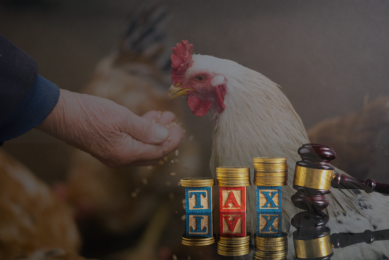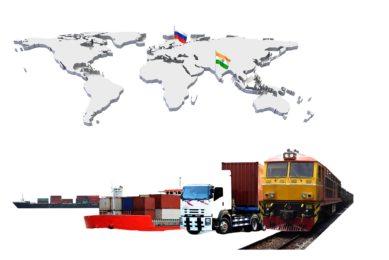Rising feed costs sends Egypt’s meat and poultry sectors further into crisis

The Egyptian meat and poultry sector is teetering on the brink of a full-blown crisis, as rising feed costs have started driving farmers out of business – Hussein Abdel Rahman Abu Saddam, head of the Egyptian Farmers syndicate, sounded the alarm in a recent press briefing.
In the current season, Saddam revealed that Egypt lacks soybeans and yellow corn to meet the demands of its farmers. Import dependence on feed crops is close to 90%.
And as a further blow to the industry, the price of all types of feedstuffs, including straw and bran, has been rising in recent weeks, he indicated.
How has it come to this?
These difficulties stem from a variety of factors, including climate change, which has led to unpredictable crop yields, and geopolitical tensions, which have disrupted international trade. In early 2024, a hike in feed costs triggered a more than 40% jump in red meat prices.
Mass slaughter of livestock
Saddam stated that farmers have begun to give up on their businesses and sell their livestock for slaughter.
He didn’t provide concrete figures but noted the price of live cattle and beef dropped due to mass slaughter. For example, he added, the average wholesale price of beef in the country now stands at EGP 160 to 170 ($3.15 to $3.35) per kg.
“Many breeders have left the industry due to the high costs of raising livestock and the low economic return,” Saddam said. “The authorities should seriously consider supporting breeders to preserve the livestock industry.”
Feed sector also struggling: State aid
In the meantime, the situation in the Egyptian feed sector is also far from perfect.
The industry has yet to recover from the economic turbulence of the last few years, as Kamel Al-Wazir, Deputy Prime Minister for Industrial Development and Minister of Industry and Transport, outlined during a recent governmental meeting.
Around 1,100 feed mills operate in Egypt, the government calculated.
One of the consequences of the economic headwinds was that feed companies accumulated large debts, which hampered their development and modernisation. To address this, the Egyptian government plans to make feed mills eligible for subsidies of around 15% approved for the food companies, as part of a broader effort to stabilize the industry.
Simplifying processes & diversifying raw materials
In addition, Al-Wazir said the government plans to simplify the process of registering new feed products to lower the administrative pressure on the feed businesses.
In the long run, the authorities also promised to look into various solutions aimed at diversifying the industry’s raw material base through recycling slaughterhouse and food factory waste, Al-Wazir promised.
The Agricultural Ministry is pinning its hopes on the potential of Azolla – an aquatic plant with a protein content of 20% to 35%. Research conducted by state scientists has shown that Azolla could be a game-changer, offering a significant solution to the feed crop shortage in Egypt.











